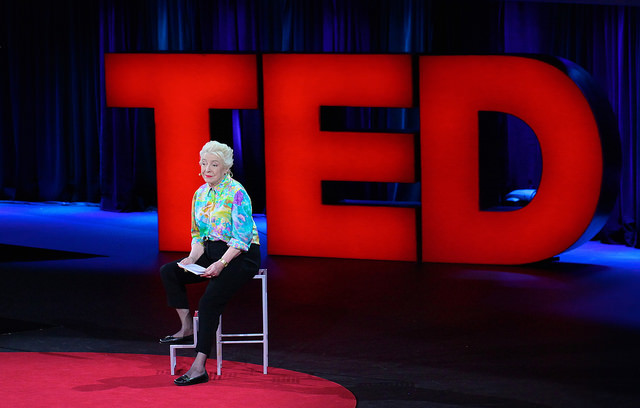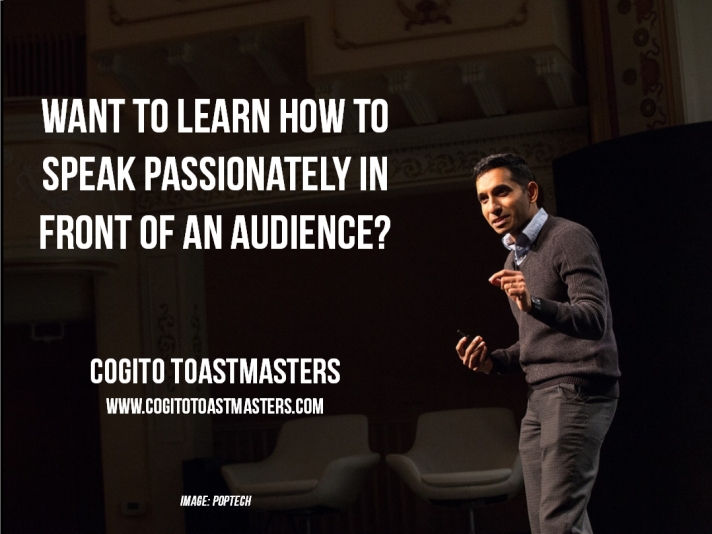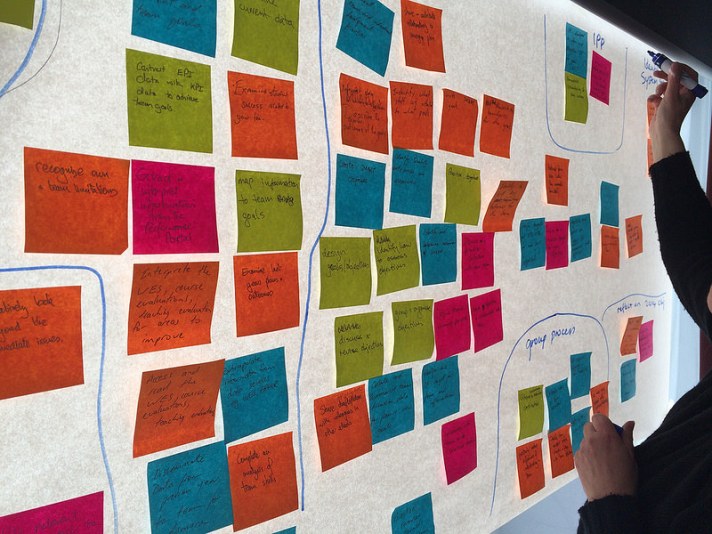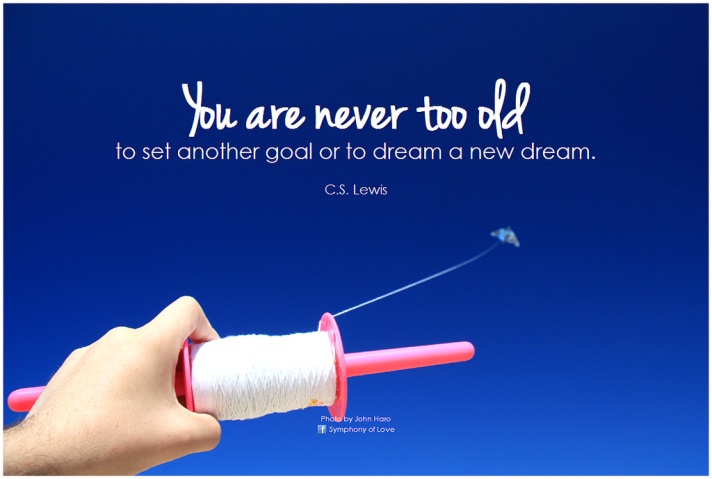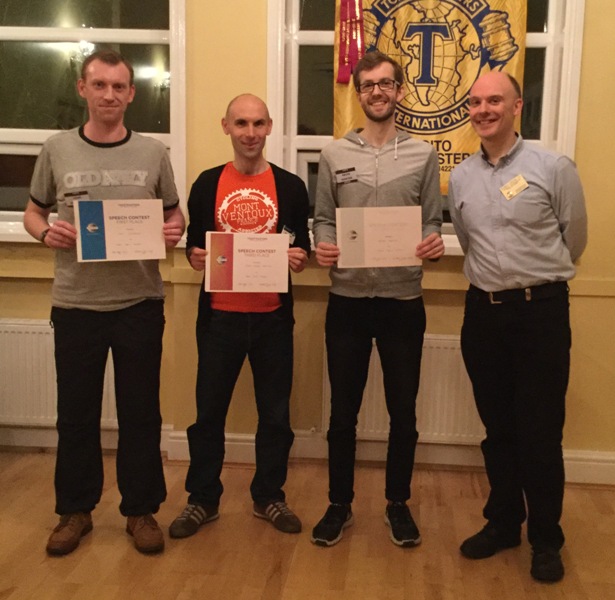 Effective evaluations are all down to the recommendations that you give. Your suggestions to your speaker will be the main driving force that helps your evaluatees grow as speakers and become effective communicators.
Effective evaluations are all down to the recommendations that you give. Your suggestions to your speaker will be the main driving force that helps your evaluatees grow as speakers and become effective communicators.
Tips for Recommendations
- Be prepared. Talk to the speaker before the presentation, they will be able to tell you the areas that they want to work on and the areas that they’ve had difficulty with in the past, make sure to look out for these during the speech and find ways to to help the speaker become stronger in those aspects of their presentation.
- Focus on how the speaker can get better. For every area of improvement, have a recommendation. And don’t just look at the weak areas of a presentation, also look at the speaker’s strengths, are there areas that could go from good to great and what steps are needed to make that happen?
- Be specific. Give detailed instructions on what needs to be done to make the speech stronger and be sure to explain why taking these actions will make the speech better, it adds a lot of value to the speaker if you explain why.
- Always give recommendations. You can’t help a speaker improve if you don’t give them recommendations. That can be difficult because you may not want to upset the speaker or because the speaker is very good. Do not worry about upsetting a speaker, they want to improve and they want you to help them. As for good speakers, no speaker is THAT good, there’s always something that can get better, be really picky, if there’s 15 seconds of the presentation that didn’t work for you then concentrate on that.
How Many Recommendations?
Sometimes the effectiveness of an evaluation comes down to the number of recommendations that you give. Naturally the amount of feedback depends on each speaker but a good guide is:
| Icebreakers: | 1 recommendation |
| 2nd – 5th Speech: | 2 recommendations |
| 6th – 10th Speech: | 2-3 recommendations |
For advanced speakers they will want to know how they can push their speaking to new heights so focus more on recommendations than strengths and give as many suggestions as you can.
Above all else remember the most important rule of all: Always give recommendations!
This post is part of our series of tips to help you become a better evaluator. To learn more about evaluating, check out these posts:
- Plan and Prepare Your Evaluation
- Organise Your Evaluation
- Use Your Evaluation To Inspire
- The Secret to Effective Evaluations
- Crafting an Evaluation that Educates the Whole Audience
image: Hash Milan (Flickr)


